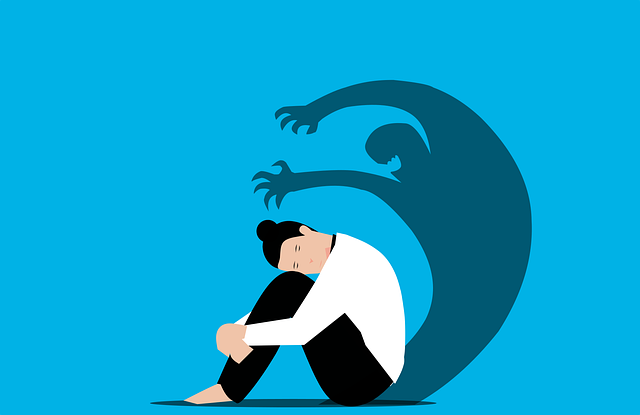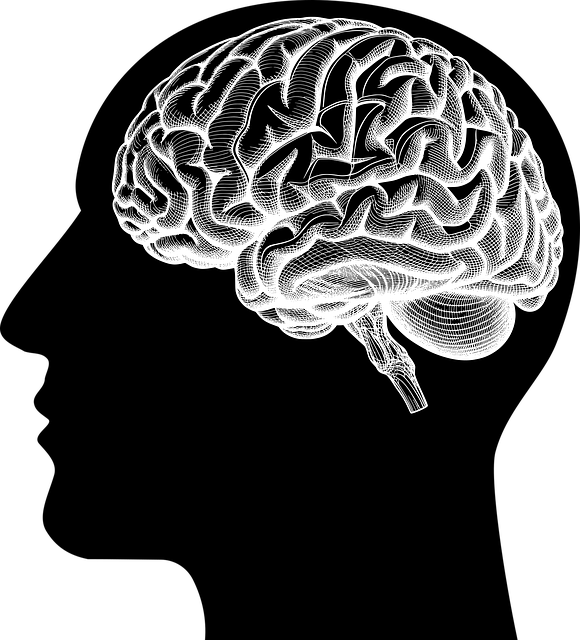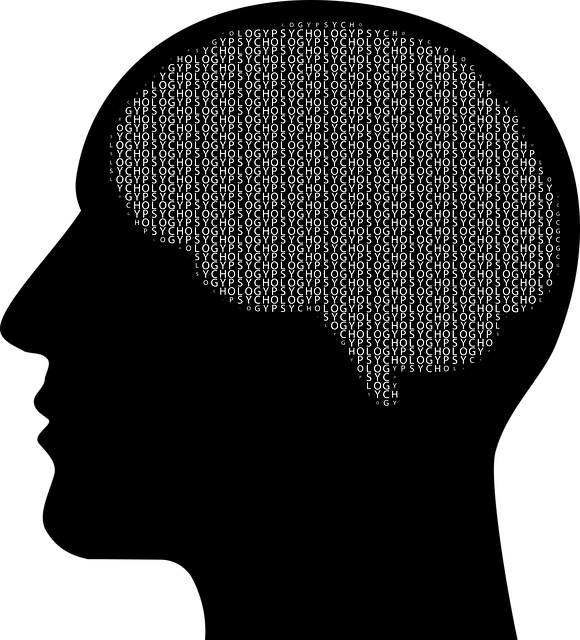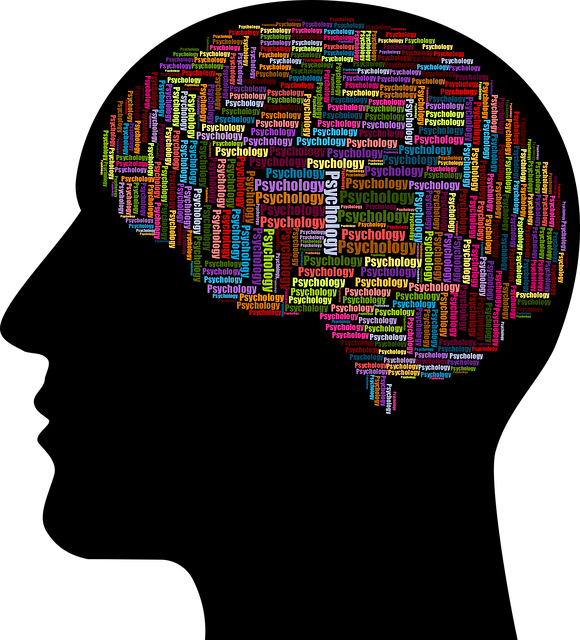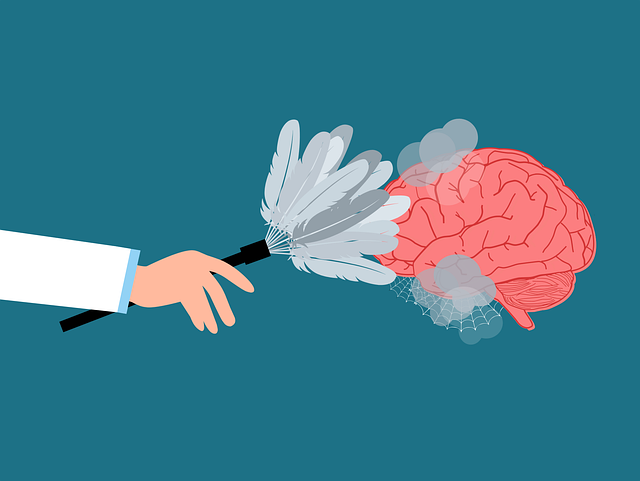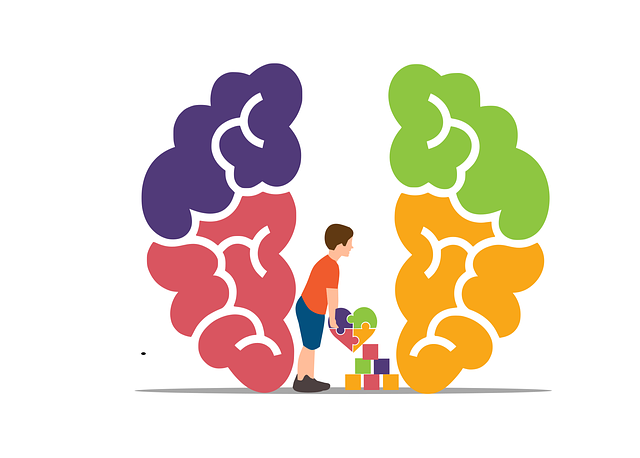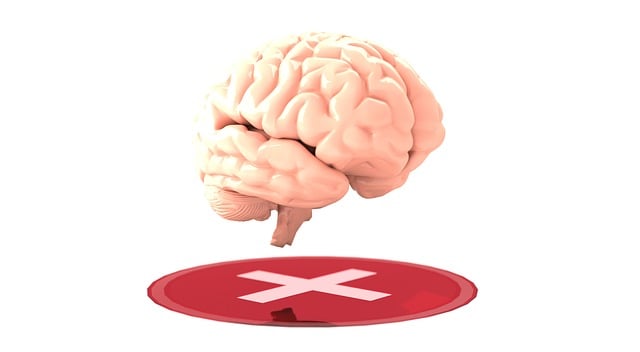Social Skills Training is a specialized therapy for children with depression and other mental health conditions, teaching essential communication strategies, crisis intervention, and stress management through interactive activities and role-playing. This approach boosts self-esteem, facilitates healthier relationships, and equips kids with tools to proactively manage their mental health, combating isolation and exacerbating symptoms. Combining social skill development with CBT and stigma reduction, this therapy enhances academic success, friendship building, and family relationships while improving overall mental health outcomes.
Social skills training is a powerful tool in supporting children with mental health conditions, particularly those struggling with depression. This form of therapy focuses on enhancing social interactions and communication skills, empowering kids to build and maintain meaningful relationships. In this article, we’ll explore how targeted social skills development can address depression, offering practical strategies for therapists and parents alike. From understanding the basics to implementing effective techniques, we’ll uncover ways to foster resilience and improve overall well-being through social connections.
- Understanding Social Skills Training for Mental Health Conditions in Children
- Addressing Depression Through Targeted Social Skills Development
- Strategies and Techniques for Effective Social Skills Training
Understanding Social Skills Training for Mental Health Conditions in Children

Social Skills Training for Mental Health Conditions in Children is a specialized approach designed to equip young individuals with the necessary tools to navigate social interactions successfully. This type of therapy focuses on enhancing communication strategies, teaching crisis intervention guidance, and fostering effective stress management techniques. By addressing these areas, children with mental health conditions like depression can improve their ability to form meaningful connections, express emotions, and cope with challenges in a healthy manner.
The training often involves interactive activities, role-playing scenarios, and group discussions tailored to each child’s unique needs. These methods help young patients develop social skills that are essential for academic success, building friendships, and maintaining positive relationships with family members. Incorporating communication strategies specifically can empower children to communicate their feelings, set boundaries, and advocate for themselves in various settings.
Addressing Depression Through Targeted Social Skills Development

Depression can significantly impact a child’s ability to interact socially, leading to feelings of isolation and further exacerbating their condition. Social skills training is a targeted therapy approach designed to address this challenge. By focusing on developing essential social competencies, children with depression can learn effective communication strategies, improve their self-esteem, and build healthier relationships. This tailored form of therapy enables them to navigate social situations with more confidence, fostering a sense of belonging and reducing the intensity of depressive symptoms.
Through interactive activities and role-playing exercises, children gain practical skills for expressing emotions, managing conflicts, and forming connections. Additionally, self-care practices and stress reduction methods are integrated into the training, empowering young individuals to manage their mental health proactively. By combining social skills development with improved self-esteem and enhanced coping mechanisms, therapy becomes a powerful tool in combating depression and promoting overall well-being in children.
Strategies and Techniques for Effective Social Skills Training

Social Skills Training is an essential component of therapy for children with depression and other mental health conditions. Effective strategies often involve role-playing scenarios that enable young individuals to practice and refine their communication, empathy, and conflict resolution skills in a safe environment. By immersing themselves in these realistic situations, children can build confidence and learn to navigate social interactions more successfully. Mental illness stigma reduction efforts are also integrated into the training, teaching participants how to dispel negative stereotypes and foster inclusive behaviors.
Additionally, mental health professionals can employ techniques like cognitive behavioral therapy (CBT) principles to help clients identify and challenge negative thought patterns that may impede their ability to connect socially. Mood management strategies, including stress reduction exercises and emotional regulation techniques, are also crucial components of social skills training. Risk management planning is another vital aspect, equipping individuals with tools to anticipate and navigate challenging situations, ultimately promoting better mental health outcomes for children and adolescents.
Social skills training offers a promising approach to addressing mental health conditions, particularly depression in children. By focusing on targeted social skills development, this therapy empowers kids to navigate social interactions with increased confidence and resilience. Through evidence-based strategies and techniques, professionals can effectively guide children towards healthier relationships and improved overall well-being, making social skills training a valuable asset in the field of child mental health care, especially for those struggling with depression.
